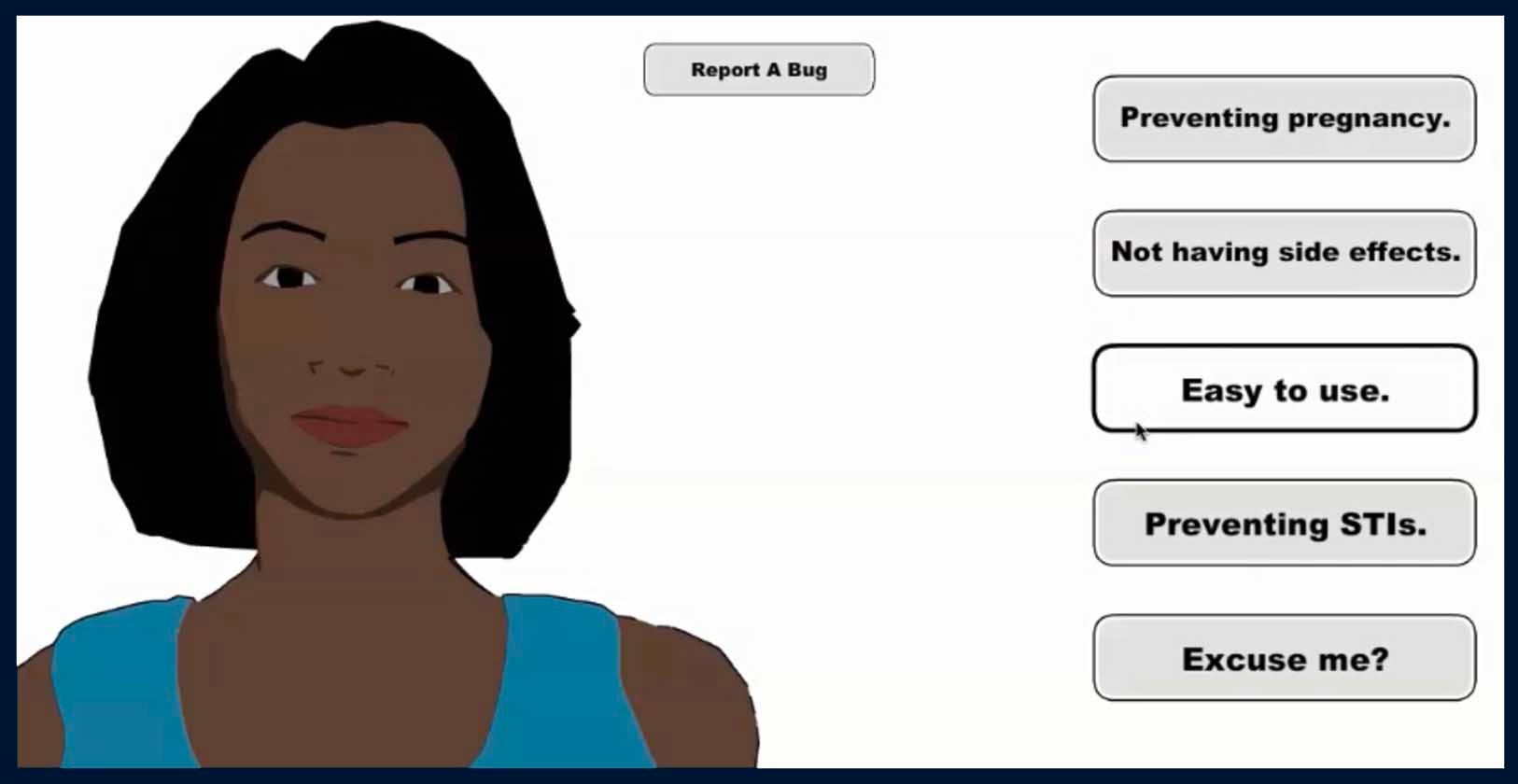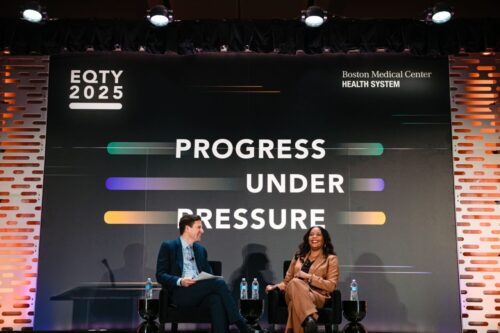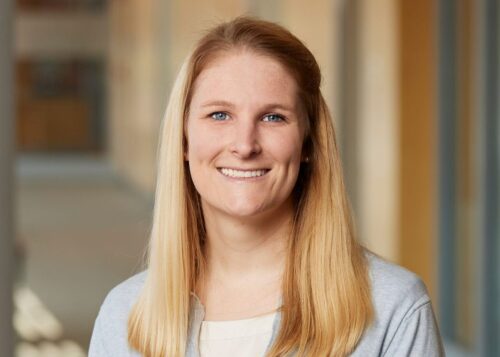Technology Expands Preconception Care Access to Reduce Disparities
May 7, 2019

AI helps deliver better preconception care to address health disparities in young black women and help them have healthier pregnancies.
Despite decades of attention, health disparities in birth outcomes persist for Black and African American women, who are more than two times as likely as white women to deliver a low birth weight infant. Intervention studies in prenatal care have not been shown to lessen persistent disparities in birth outcomes, and interventions once a young woman is already pregnant may be too little, too late.
This makes preconception care an ideal time to address problematic health disparities — such as Black women’s higher rates of hypertension, diabetes, obesity, and stress — and help women resolve their risks before a pregnancy.
Only modest progress has been made in implementing what is known about preconception care, and little has been done to translate this knowledge into health delivery systems. Additionally, some women may need more guidance in their preconception care than the average 20-minute doctor’s appointment affords.
But technology may serve as a way to address these issues with preconception care. One such innovation is Gabby, an animated character delivered online via computer or tablet through a link provided by a physician. Gabby is designed to be engaging, empathetic, culturally competent, and extremely knowledgeable in preconception care. She can identify health risks in young Black women and help them successfully resolve those risks before they become pregnant.
“Essentially, healthy women are more likely to have healthy babies,” explained Gabby’s lead researcher Brian Jack, MD, of Boston Medical Center (BMC).
Addressing disparities in Black women
The Gabby Preconception Care system, as she’s more formally known, is based on the Content of Preconception Care from the Centers for Disease Control and Prevention. The system is programmed and designed to screen young Black and African American women for more than 100 general and reproductive health factors — such as the use of contraception, risk of diabetes, access to support systems, and housing stability — and then help the women resolve their individual risks before pregnancy. Gabby delivers specific health behavior change dialogue using techniques such as motivational interviewing and shared decision-making to address a breadth of health domains.
What’s more, the content of the Gabby system is tailored to women’s desired outcome — for example, Gabby can tell the difference between women who want to become pregnant and those who are interested in pregnancy prevention.

The Gabby Preconception Care System contains 1000 pages of dialogue. For women who don’t want to be pregnant and are sexually active, she uses a shared decision-making script to help them choose a birth control method that’s right for them and their lifestyle.
Expanding access for better preconception care
Jack’s team has spent the last nine years studying Gabby in clinical trials and refining the system to fill delivery gaps in preconception care, such as limited physician time and resources. She represents a prototype for the future of healthcare delivery by aligning with current technology and supplementing the care provided by community-based health providers.
“Gabby won’t replace the interaction between patients and providers but instead serves as a catalyst for discussions between them,” said Jack.
“Essentially, healthy women are more likely to have healthy babies.”
– Brian Jack, MD
In a recent study, the research team found most women used Gabby for about an hour over the course of two months, which is three times longer than the average doctor’s visit. Gabby walks through risks and health goals in a simple, nonjudgmental way, which some participants say they preferred compared with talking to a doctor or nurse. Compared to a control group, women using Gabby successfully resolved health risks by more than 25%. Almost two-thirds of participants in the trial reported they used information from Gabby to improve their health, and another 22% planned to do so in the future.
Having been shown to work locally, Gabby is now being tested in clinical settings across the country, where women will interact with Gabby over six to nine months to help the research team identify the best practices for implementation, pinpointing gaps in getting Gabby to the women who need her most. The team plans to release an implementation toolkit to facilitate broader dissemination of Gabby so other institutions can use Gabby or create a similar model for their population.


